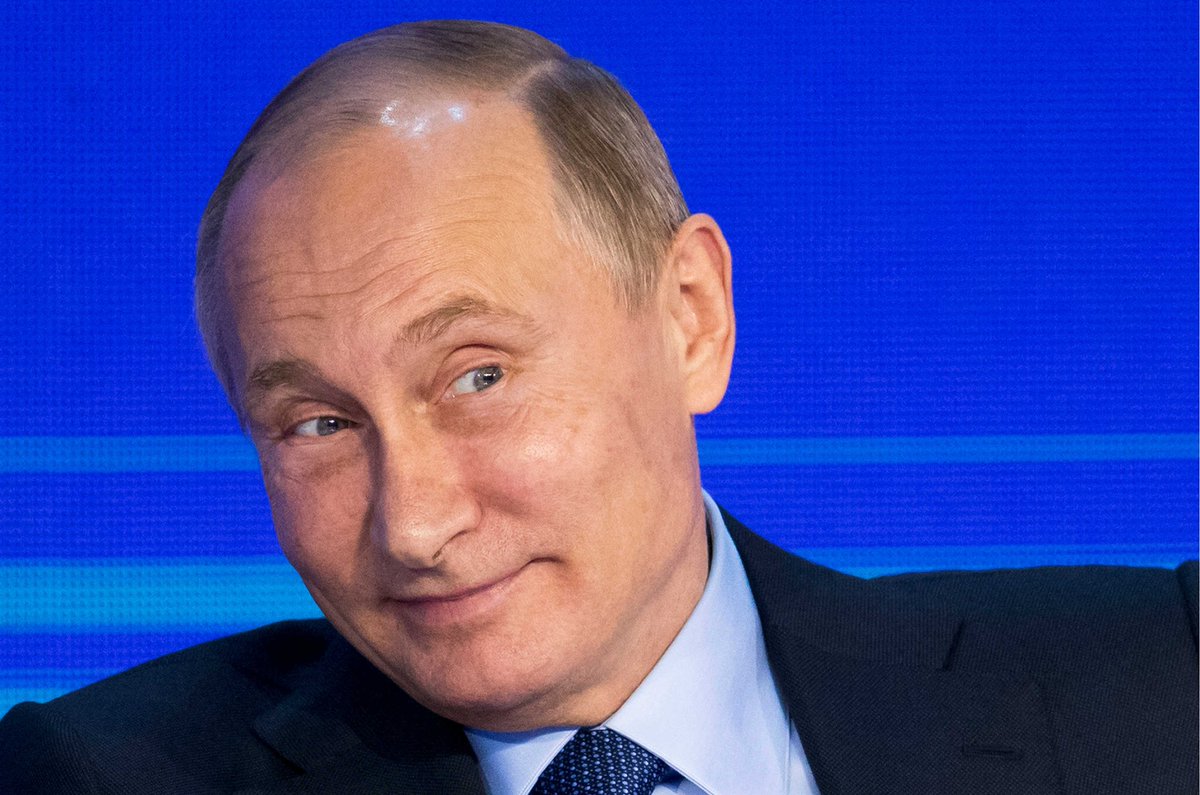
1. Western politicians have not yet understood that they need to find adequate answers to an escalation of not only & not so much Russian traditional warfare, but also of Moscow's already intense hybrid war (economic, cyber, etc.) against #Ukraine, e.g.: researchgate.net/publication/29…
2. The Ukrainian state can collapse not only following a large Russian armed invasion, but also as a result of its continued subversion, destabilization & sabotage. Putin may choose the second option in order to avoid Western "monster sanctions" while achieving the same effects.
3. The repercussion for the EU of a Ukrainian collapse as a result of Russian hybrid warfare could be similar to those of an "ordinary" military offensive. The Kremlin primarily wants a destruction of rather than necessarily a war against a pro-Western Ukrainian state.
4. However, for the EU the aftereffects could be roughly similar. For instance, whether millions of Ukrainian refugees flee into the EU from a collapsing Ukrainian state that was hybridlike undermined rather than militarily defeated by Russia may not make much of a difference.
5. Whether one of the 15 active Ukrainian nuclear reactors malfunctions as a result of direct hit by a Russian grenade or because of gaps in an NPP's infra- or/and personnel structure resulting from Russian subversion of Ukraine's socio-economic system may be insubstantial.
6. Whether political leaders across the world learn about the ineffectiveness of the nuclear non-proliferation regime through Ukrainian state failure via more traditional or more hybrid warfare may not influence much the conclusions they make about national security or expansion.
7. The official nuclear-weapons-state Russia may use either its regular army or various irregular units & methods to crush the non-nuclear-weapons state Ukraine. Future statespeople may conclude that it is, in any way, wise to have atomic warheads rather than security guarantees.
• • •
Missing some Tweet in this thread? You can try to
force a refresh





